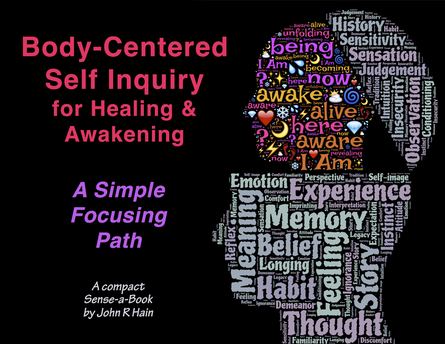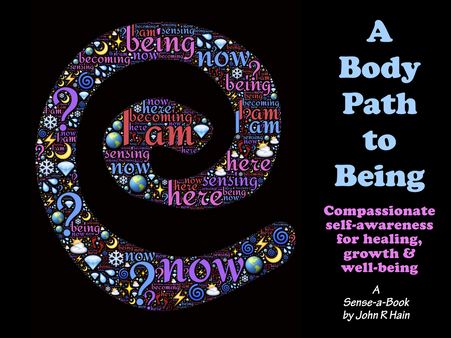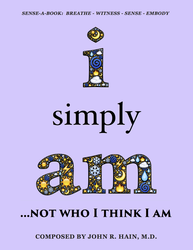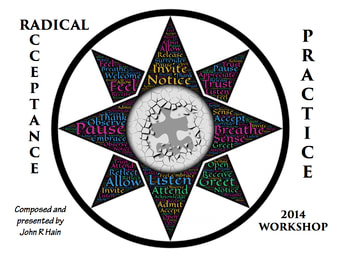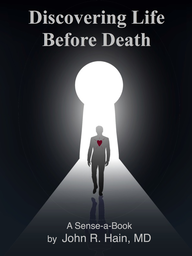|
|
SENSE-A-BOOKS:
view free now Archives
March 2024
CategoriesAll 5 A's Discovering Life Before Death Discovering Wholenesss Identity Mission Statement Radical Acceptance Practice Redefine Life Expectancy Self Image Suffering Happens Thoughts-feelings Transcending-suffering |
Search by typing & pressing enter

 RSS Feed
RSS Feed
